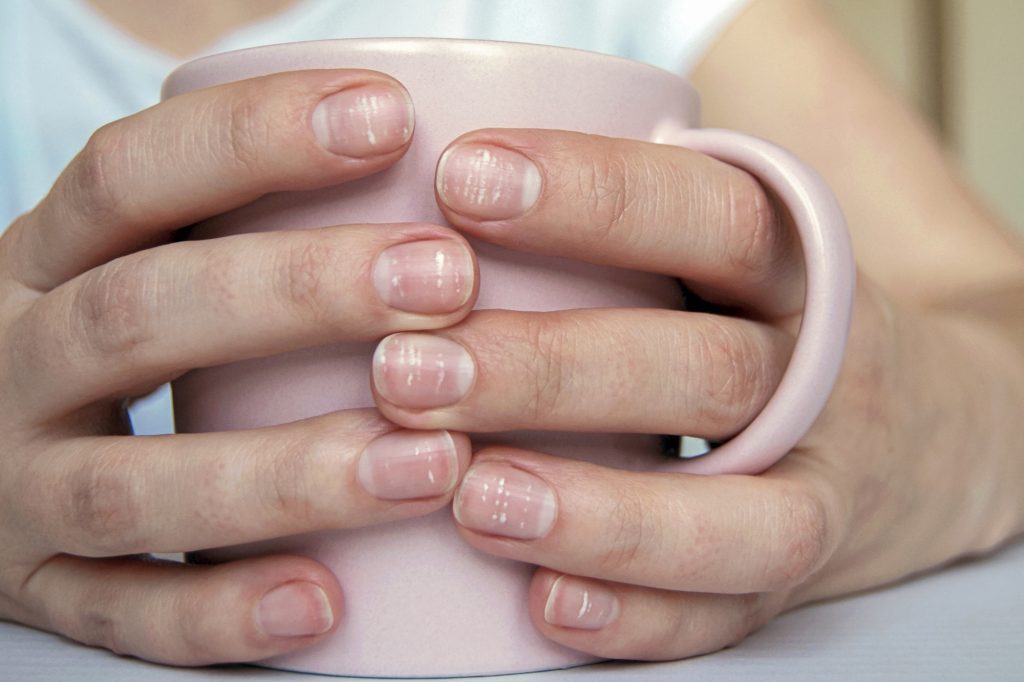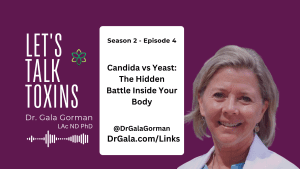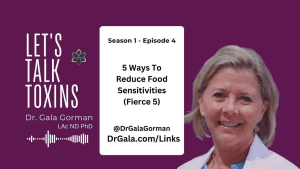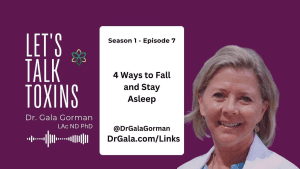Stress is inevitable, but how we handle it can significantly impact our overall well-being. Understanding the difference between reacting and managing it is crucial for developing effective coping strategies and maintaining good mental health.
There’s an important distinction between merely reacting and actively responding. Understanding this difference can be the key to developing resilience and maintaining a balanced life.
Dr. Gala’s Quick Take
Yes. Reacting to stress means responding automatically without thinking, while managing stress involves staying calm and making thoughtful choices to handle the situation better.
Reacting to Stress

When we react to stress, we often respond in an automatic, instinctual manner without much thought or consideration. This reaction is rooted in our body’s natural “fight, flight, or freeze” response, designed to protect us from perceived threats.
The Stress Reaction Process
A stressful situation or event triggers the body’s stress response. The amygdala, part of the brain’s limbic system, detects the threat.
The hypothalamus sends signals through the autonomic nervous system to respond. The body experiences rapid physiological changes, including increased heart rate, elevated blood pressure, rapid breathing, muscle tension, and digestive changes.
Characteristics of Stress Reactions
- Impulsive: Reactions occur quickly, often without conscious thought.
- Automatic: They are based on learned patterns or past experiences.
- Short-term Focus: The primary goal is immediate relief or escape from the stressor.
- Potentially Harmful: These reactions can lead to poor coping choices, such as compulsive behaviors, unhealthy habits, and emotional outbursts.
Managing Stress

In contrast to reacting, managing involves a more thoughtful, deliberate approach to dealing with stressors. This method, often called “responding”, allows for a more constructive and solution-oriented way of handling challenging situations.
The Stress Management Process
The first step is awareness. This means noticing when a challenge arises and becoming aware of how your body and mind respond, which is an important part of effective stress management techniques.
Next, pause and take a moment to step back from the situation. Giving yourself this brief break helps calm your mind, prevents impulsive reactions, and creates space to choose healthier coping strategies.
During assessment, carefully consider the situation and your emotional state. Understanding what is causing your discomfort allows you to evaluate your feelings and decide the best way to manage it.
Finally, make a deliberate response based on your assessment. Select an action that supports your well-being and helps you apply mindfulness for relief, leading to better long-term outcomes.
Characteristics of Stress Management
Mindful: Responses are rooted in present-moment awareness.
Thoughtful: They involve conscious decision-making and problem-solving.
Long-term Focused: The goal is to address the underlying causes and develop sustainable coping strategies.
Constructive: Stress management techniques aim to improve overall well-being and resilience.
Techniques for Managing Stress

The STOP Method
Stop what you’re doing, take a breath, observe the situation, your feelings, and possible solutions, then proceed with mindfulness and awareness.
The 4 As of Stress Management
Avoid: Eliminate triggers that are within your control.
Alter: Modify situations that feel overwhelming but not fully within your power to change.
Accept: Acknowledge circumstances you can’t change and find peace with them.
Adapt: Adjust your mindset and expectations to stay balanced during difficult times.
Mindfulness Techniques
Mindfulness helps you shift from reacting to stress to managing it with intention. It teaches you to slow down and focus on the present moment for a calmer response.
Deep breathing exercises calm your nervous system when stress makes breathing shallow and fast. Taking slow, deep breaths gives you a quick way to reset and regain control.
Grounding practices bring your attention back by engaging your senses, like feeling the floor beneath your feet or noticing nearby sounds. These techniques can ease emotional overwhelm and stop spiraling thoughts.
Meditation, even for a few minutes daily, creates space between you and your stress. It supports a balanced mindset and builds emotional resilience over time.
Body scan exercises guide your focus through different body parts to release tension. They increase your awareness of how stress affects you physically and help promote relaxation.
Cognitive-Behavioral Approaches

When stress becomes overwhelming, unhelpful thought patterns often play a big role. Recognizing and challenging these thoughts can help shift your perspective and reduce emotional reactivity.
Practicing healthier thinking along with real-life problem-solving skills supports mental clarity and resilience. These are valuable coping strategies for stress that can make daily challenges feel more manageable.
Benefits of Managing Stress vs. Reacting
Improved Decision-Making: By responding thoughtfully, you’re more likely to make choices aligned with your values and long-term goals.
Enhanced Emotional Regulation: Managing helps you maintain better control over your emotions, reducing the likelihood of impulsive reactions.
Increased Resilience: Over time, effective management builds your capacity to handle future challenges.
Better Physical Health: Chronic stress reactions can lead to various health issues, while proper management can mitigate these risks.
Improved Relationships: Thoughtful responses can lead to better communication and fewer conflicts in personal and professional relationships.
Greater Self-Awareness: The practice of management encourages self-reflection and a deeper understanding of your triggers and coping mechanisms.
Implementing Stress Management in Daily Life
Recognize Your Stress Signals

Pay attention to your body’s warning signs, like:
Feeling burnt out or unfocused, irritability or frustration, and physical symptoms like headaches or muscle tension.
Practice Mindfulness Regularly
Incorporate mindfulness techniques into your daily routine to build the skill of present-moment awareness. This can help you catch reactive patterns early and shift to a more managed response.
Develop a Stress Management Toolkit
Create a personalized set of coping strategies that work for you, including physical exercise, journaling, talking to a friend or therapist, and engaging in hobbies or creative activities.
Cultivate a Growth Mindset
Try to see stressful situations as opportunities for learning rather than problems you have to avoid or fear. This mindset encourages emotional resilience and supports mindfulness for stress relief by helping you stay calm, focused, and open to growth.
Seek Professional Support
If managing stress on your own feels difficult, a mental health professional can help you develop coping strategies for stress that suit your needs. With the right support, you can shift from reacting to stress to managing it more mindfully and effectively.
Conclusion
The difference between reacting to stress and managing it lies in the level of awareness, thoughtfulness, and intentionality we bring to challenging situations. While stress reactions are natural and sometimes necessary for immediate threats, developing the skill of stress management can lead to better outcomes in most day-to-day situations. By practicing mindfulness, implementing effective coping strategies, and cultivating a proactive approach, we can improve our overall well-being and resilience in the face of life’s inevitable challenges.
Remember that shifting from reactive patterns to more managed responses is a process that takes time and practice. Be patient with yourself as you develop these skills, and celebrate the small victories along the way. With consistent effort and self-compassion, you can transform your relationship with stress and create a more balanced, fulfilling life.
Are you ready to take your stress management to the next level? Consider exploring the MOLT Method™, which can guide you in building awareness and creating calm, regardless of life’s challenges.
“If you came into my office, I’d ask you a lot of questions that would help us connect the dots … so that together we can deal with your toxic stress.
Every situation is unique and you need a plan that works for you. Not a one-size-fits-all solution.
If you’re thinking you can’t come into my office, don’t worry. I’ve created a program with all of my initial recommendations to help you unravel the mystery. You can use it at home and at your convenience.
So if you’re thinking that managing chronic stress just isn’t possible … or even the answer … for you, I want to show you what you may be missing.
And how you can identify the toxic stressors that are creating your symptoms with my Human Energy System Reboot. You can get started HERE.” – Dr. Gala













